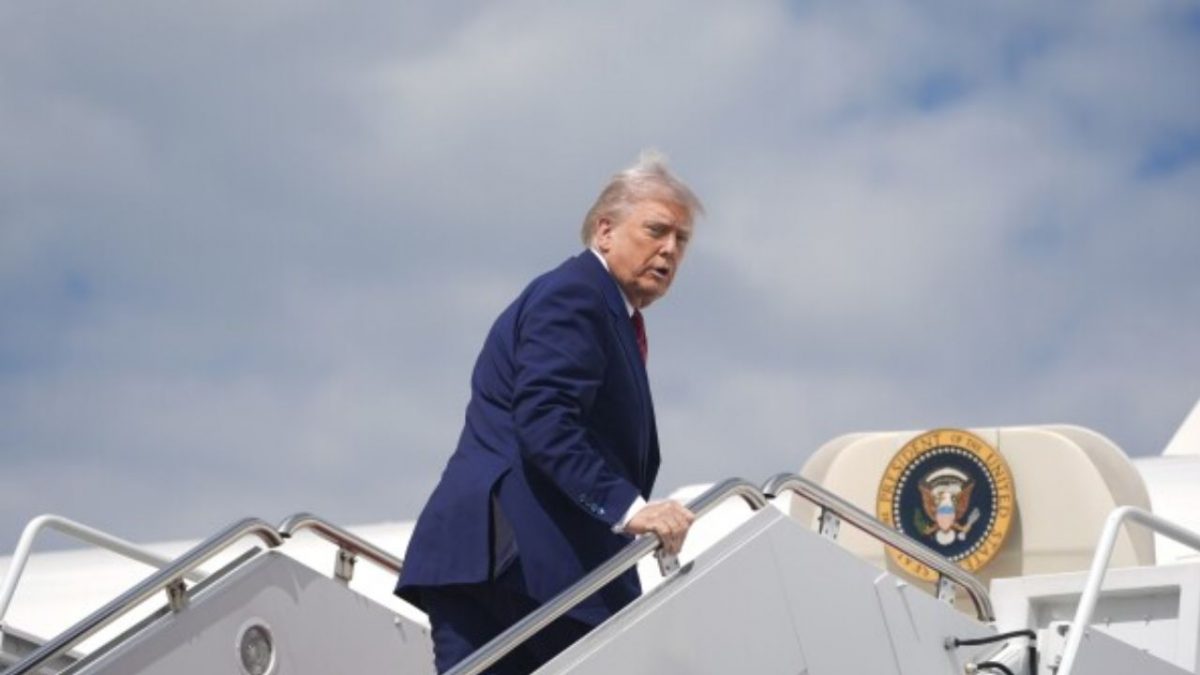US President Donald Trump Friday (June 27) said the July 9 deadline for reinstating his reciprocal tariff regime was flexible, arguing he could do “whatever” he wanted.
“We can do whatever we want. We could extend it. We could make it shorter. I’d like to make it shorter. I’d like to just send letters out to everybody: Congratulations, you’re paying 25 per cent,” he told reporters at the White House.
The Trump administration seems to have ramped up efforts to close trade deals following a period of greater focus on security in West Asia and intense debate over a major tax and spending package in Congress.
Earlier this week, the US submitted a fresh proposal to the European Union. On Friday, the US leader said he was cutting off trade talks with Canada “immediately” in response to a proposal to impose a tax on American big tech companies.
“We are hereby terminating ALL discussions on Trade with Canada, effective immediately,” he wrote on social media.
“We will let Canada know the Tariff that they will be paying to do business with the United States of America within the next seven day period.”
India has also dispatched a team to Washington to continue trade discussions after it was reported that trade talks have stalled following serious disagreements.
‘Strong interest by countries’
US Treasury Secretary Scott Bessent hinted at potential extension of the deadline, hoping that the agreements would be reached by Labor Day (September 1).
“We’re seeing strong interest from countries offering solid deals,” Bessent said in an interview.
“We’ve got 18 key trading partners. If we can finalise agreements with 10 or 12 of them, and we’re already engaging with another 20 significant economies, we could have trade wrapped up by Labor Day,” Bessent said.
Impact Shorts
More ShortsWhite House Press Secretary on Thursday first signalled that the administration was open to shifting the July 8-9 deadline, calling the dates ‘not critical’.
“If countries don’t come to the table, the president has the option to simply present them with a deal,” Leavitt said.
Trump introduced his controversial reciprocal tariff regime on nearly all imports in April; however, the move was soon followed by a 90-day grace period.
)